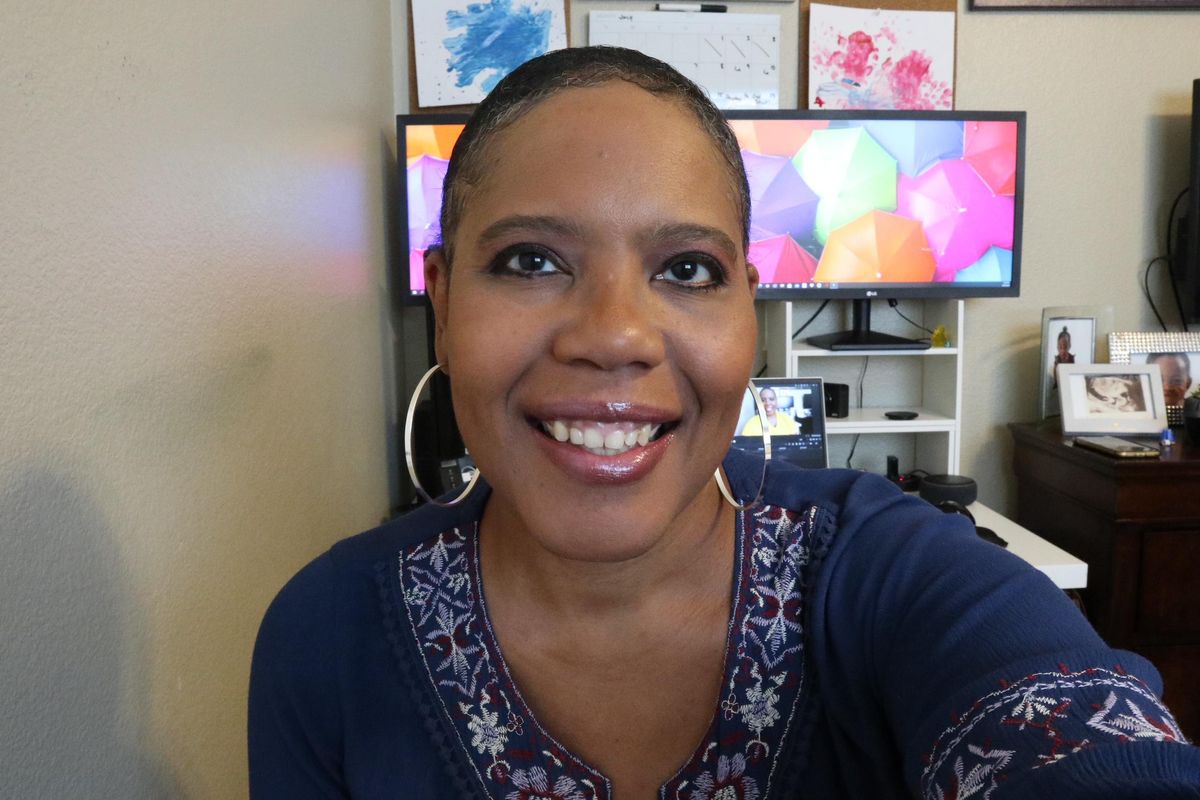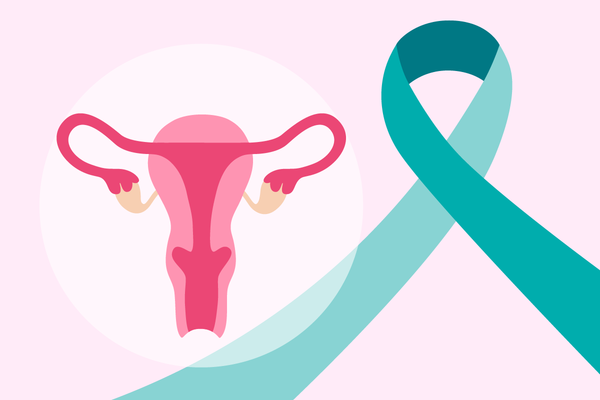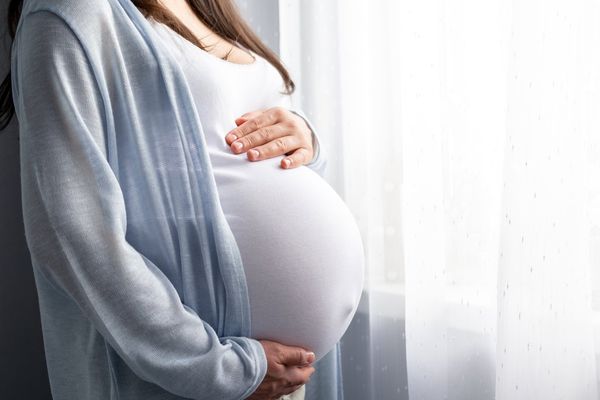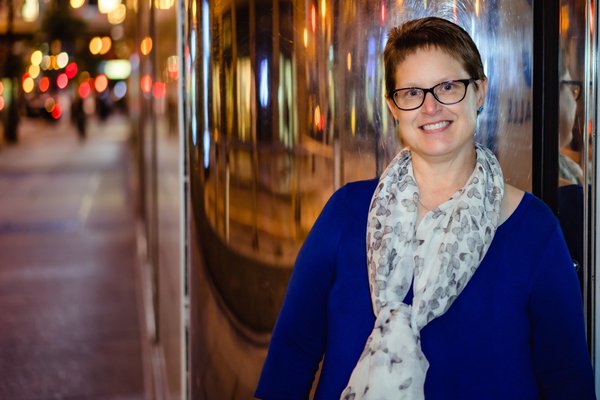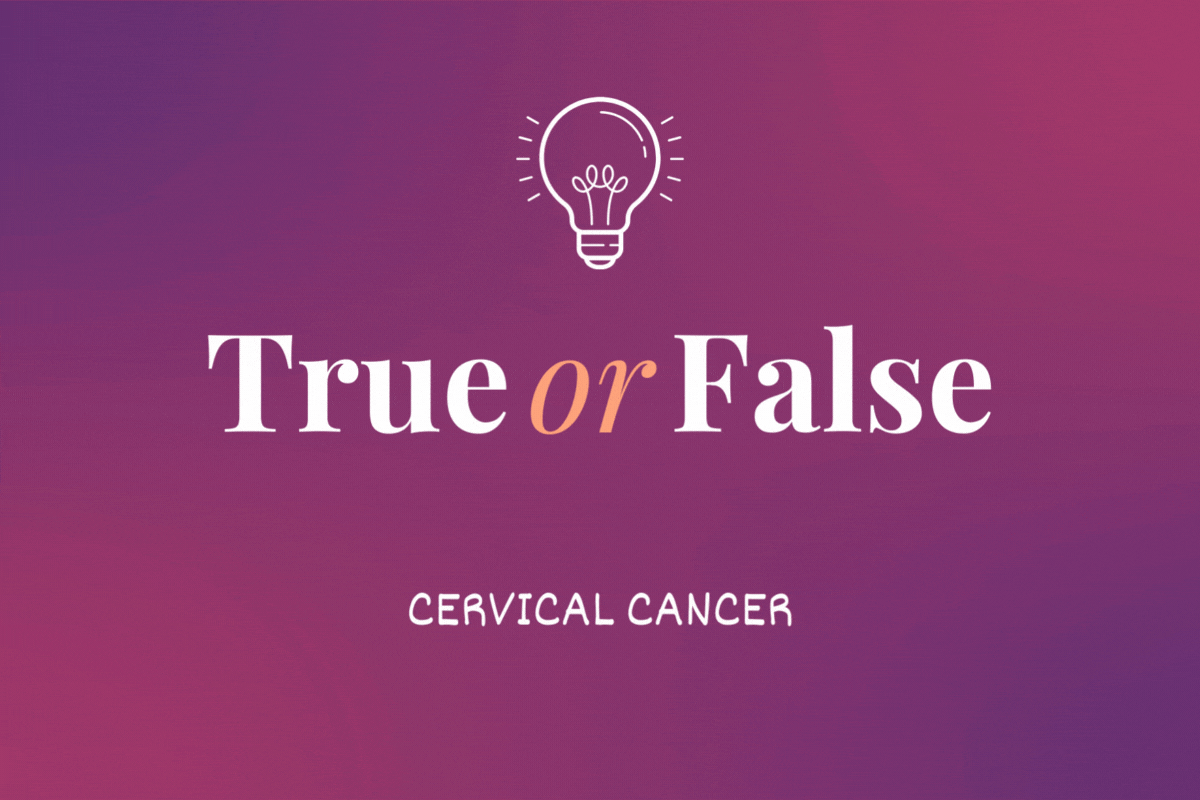As told to Jackie Froeber
I was 46 years old when I gave birth to my daughter, Nevah. I call her a miracle, not only because my high-risk pregnancy was enjoyable (except the heartburn!) but because doctors told me previously that I wouldn't be able to have kids without medical intervention due to my irregular periods.
I mourned the reality that I wouldn't have children for a long time, so when I got pregnant, naturally, my baby girl meant everything to me.
In April 2020, my daughter was 3 years old and I was working from home on my YouTube channel, Midlife Mamma, when I started my period. I'd experienced heavy uterine bleeding (HUB) in the months prior, but the amount of blood that morning was shocking. I put a tampon in and minutes later I felt a gush. It took me less than 10 minutes to fill a pad. I called 911.
When I arrived at the ER, I was given a pelvic exam and an ultrasound. I lost so much blood I required a transfusion. As I sat in a daze with an IV of fresh blood going into my arm, the healthcare team said the ultrasound showed a fibroid on my cervix, which was presumably the cause of the abnormal bleeding but not life threatening.
I talked to a nurse at my gynecologist's office the next day (not in person because of Covid-19) and she agreed that it was a fibroid, and I could wait until August to see my gynecologist. I felt relieved. His office didn't seem to think this was a big deal and this was the team that delivered my miracle. I trusted them.
My period was normal the next two months, but in July, the gush was back. I went to the hospital, and this time, the ultrasound showed that the growth had gotten bigger, but no one seemed concerned. When the heavy bleeding happened yet again in August, my gynecologist said to come in right away. He did a pelvic exam and looked concerned. He did not think I had a fibroid at all. "I think we are dealing with some type of cancer," he said.
Since this was the first time anyone had said "cancer," I promptly lost it in the exam room. I kept repeating, "What will happen to my daughter? What will happen to my baby?" I was crying but not for myself. I could only think of what it meant to stay alive for my daughter.
Because I was bleeding profusely, my gynecologist had to pack my vagina with gauze before he sent me to the hospital. I was referred to a gynecological oncologist, had another blood transfusion and went home to wait on the pathology report to determine whether I had cancer.
When I went to the oncologist two days later, it was confirmed: I didn't have a fibroid. There was an 8 centimeter tumor on my cervix, and it was cancerous. It took six months after my initial bleeding episode to start a combination of chemotherapy and radiation for six weeks to treat it.
During this time, my family tried to keep everything as normal as possible for my daughter. Sadly, she was used to me being at the doctor frequently because of the bleeding, but we never said the word "cancer" around her. We didn't want to give a voice to the disease.
At the end of treatment, I was elated: Scans showed no more evidence of cancer in my pelvic area. The next step was surgery to remove the tumor (now only 3 centimeters) and a full hysterectomy. Unfortunately, after the surgery, my oncologist said I still had cancer cells, and I needed additional chemo.
I was devastated and confused. Even more upsetting was that it didn't seem like my oncologist had the time or desire to properly explain what was happening. To make matters worse, I was having deep, painful cramps following the procedure and it turned out that scar tissue from the hysterectomy was partially blocking my intestines. I was in the hospital for eight days.
All of this led me to seek out a second opinion. I contacted the Cancer Treatment Centers of America and soon I was on my way to Georgia to meet with a team of experts. They agreed that I needed another round of chemotherapy — this time, the strong stuff that makes your hair fall out. But my team took the effort to explain what would happen, and I felt safe.
As much as I tried to shield my daughter from the side effects I was experiencing because of chemo, she noticed I was wearing wigs. She looked at my head and said, "Mommy, where is your hair?" I told her I had to take medicine because I was sick, but not to be nervous — that medicine wouldn't make her hair fall out because she wasn't sick like Mommy.
I wondered how I got here. I asked my oncologist if there was a test to catch cervical cancer earlier and she said yes: a Pap test. I was crushed. I had it in my head that you needed to ask for a special test, but a regular Pap test detects abnormal cells. Because I failed to get my annual checkup, I was sitting in a treatment room, in a different state, bald and missing my daughter. I let being a single mom and work get in the way of my personal care when I could have been instrumental in catching the cancer earlier — maybe even stopping it all together.
In retrospect, I think the delay in diagnosis was a combination of the pandemic and being a Black woman, which led to assumptions by my healthcare providers about what my condition was. (The rate of hospitalization for fibroids is three times higher for Black women than white women.)
In May 2021, I received my last treatment, and my scan showed no sign of disease. I feel blessed: Regarding cervical cancer, Black women have higher incidence and mortality rates and lower survival rates than white women. To women everywhere: Don't let life get in the way of your health. I could have avoided all this with a simple Pap test. That's the lesson.
- Fast Facts: Here's What You Need to Know About Cervical Cancer ... ›
- Cervical Cancer Screening Can Save Your Life - HealthyWomen ›
- The Importance of Cervical Cancer Screening During COVID-19 and ... ›
- 9 Warning Signs of Cervical Cancer You Shouldn't Ignore ... ›
- Cervical Cancer - HealthyWomen ›
- Pregnancy and Cervical Cancer - HealthyWomen ›
- El embarazo y el cáncer cervical - HealthyWomen ›
- My Vaginal Bleeding Was Cervical Cancer - HealthyWomen ›

